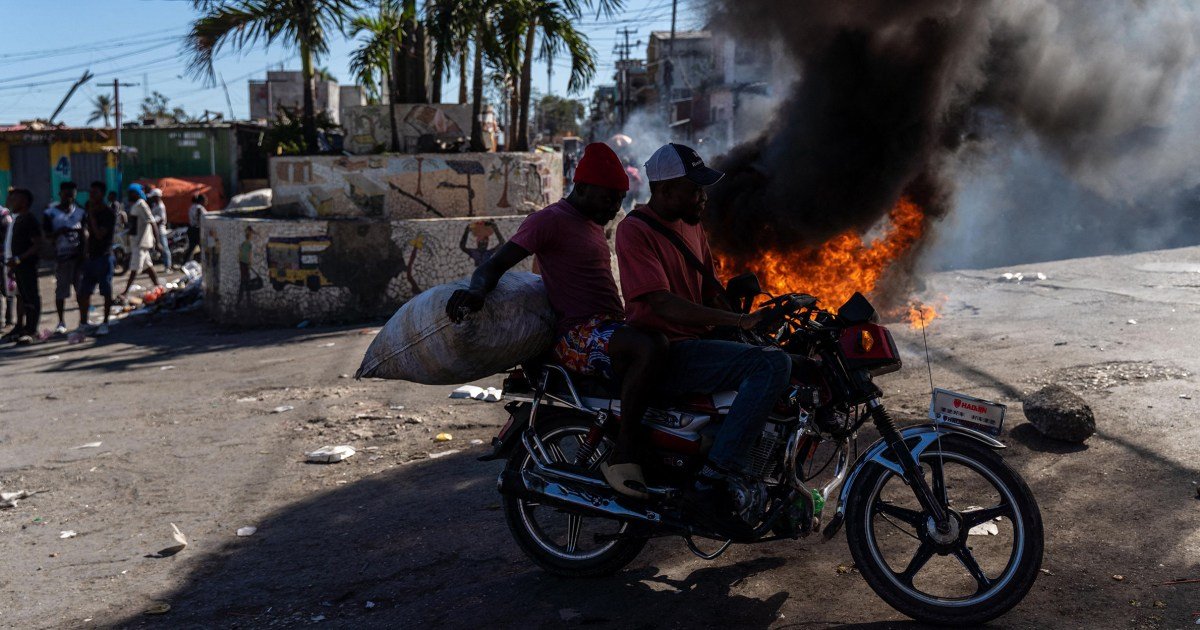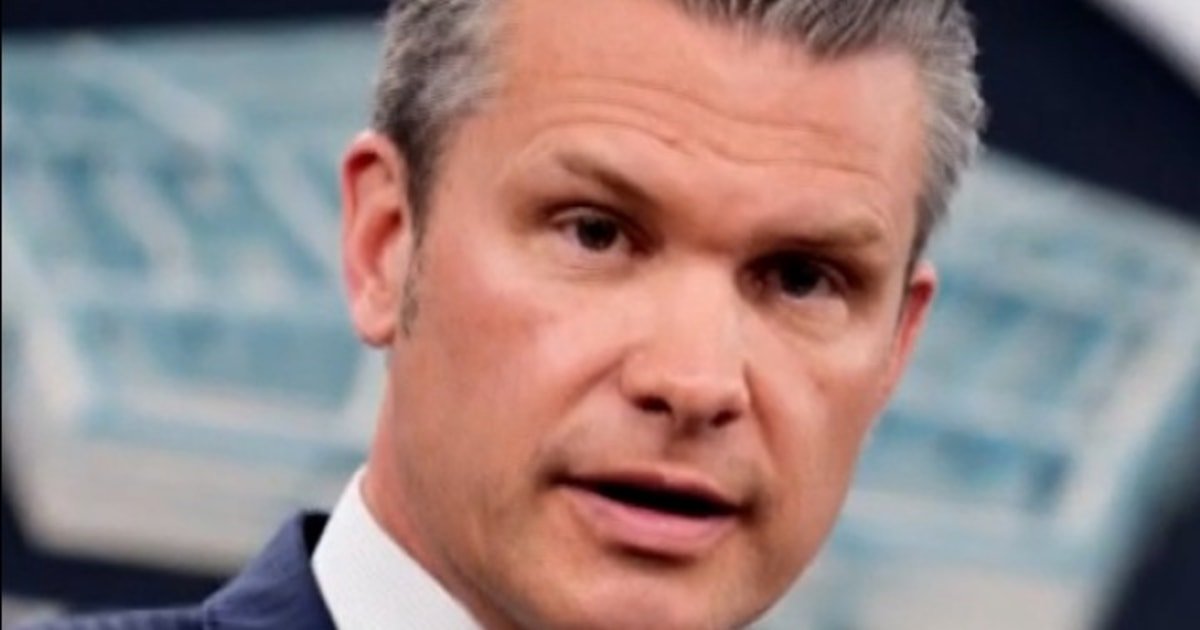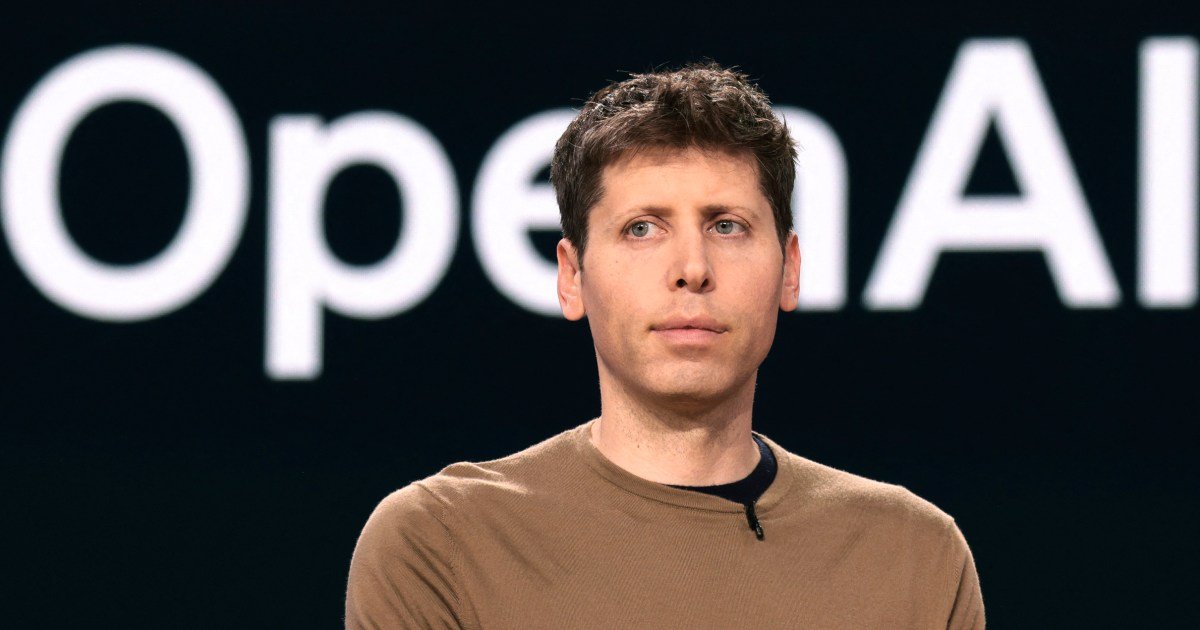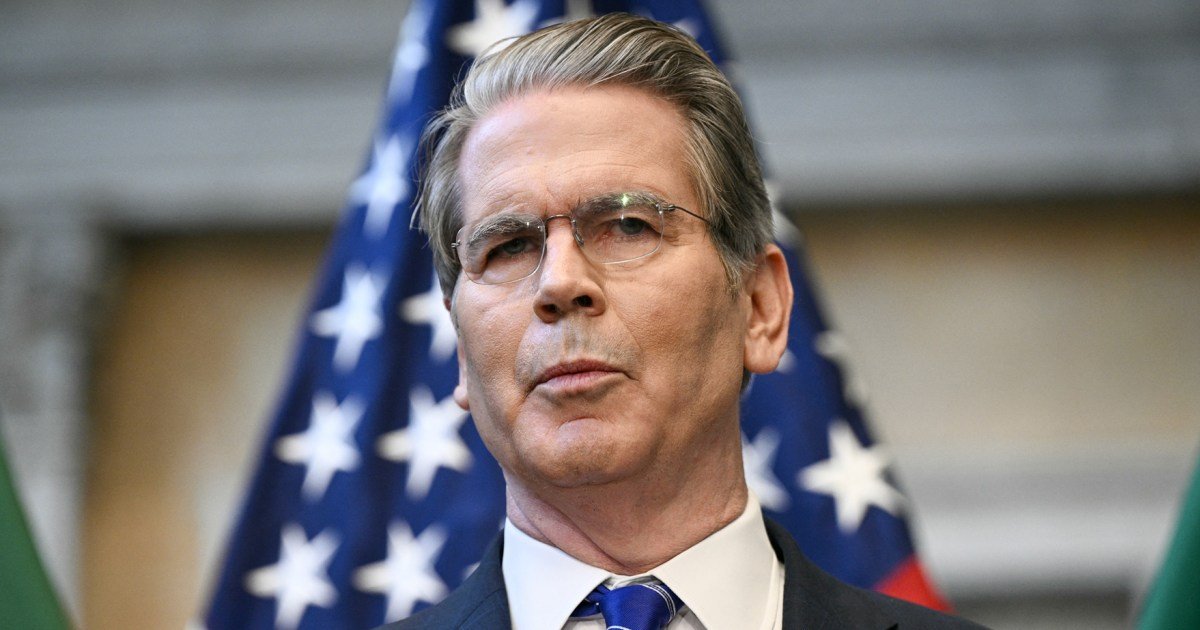Haitians who are legally in the United States under temporary programs say they are concerned about their ability to remain in the country, as President-elect Donald Trump plans to end the programs and carry out mass deportations on the first day of his administration.
Warrens Dolcine, 23, was a political science and international relations student at the State University of Haiti when gang violence began to spread in and around Port-au-Prince, the capital, putting her and her mother in danger. constant danger.
“The gangs didn’t take power in one day,” he said. “It was gradual. First they worked on your mind. They started kidnapping people in 2021 and I had to keep leaving my house to stay with my family. In the end, it was no longer safe for me or my mother.”
The mother and daughter spent two years traveling between their home and staying with relatives outside Port-au-Prince. As the violence increased, they fled Haiti. After a tumultuous escape, Dolcine and her mother arrived in the United States under the Biden administration’s Humanitarian Parole Program, which currently creates a legal pathway for temporary visas for Cubans, Haitians, Nicaraguans and Venezuelans.
Eligible people receive permission to stay in the country for up to two years, which also allows them to work. Applicants must meet specific criteria, including passing security checks, and must have a US-based sponsor. The program, known as CHNV, aims to address growing refugee crises in countries like Haiti.
As of late August 2024, about half a million people from the four countries arrived in the United States on humanitarian parole during the Biden administration and 210,000 were Haitians, according to the National Foundation for American Policy.
Sponsored by her great-aunt, Dolcine and her mother legally entered the United States in December 2023. She now works full-time as an assistant at her church in New York City, while caring for her mother, who is disabled.
During the election campaign, Trump announced plans to launch an unprecedented deportation initiative targeting undocumented criminals, drug dealers and human traffickers. During an interview with NewsNation, Trump also mentioned his intention to end programs like Temporary Protected Status, which is set to expire in 2026 and would need to be renewed. The program has been adopted by administrations dating back to George HW Bush.
However, U.S. Citizenship and Immigration Services emphasizes that potential beneficiaries of the program undergo rigorous background checks to ensure they do not pose a threat to the security of the United States. Trump’s team did not specifically address the impact of these plans on Haitian immigrants when contacted by NBC News.
Dolcine said she is determined to stay in the United States, but is worried about her mother, who depends on her both financially and emotionally.
“If my mom has a problem, I have a problem,” he said. “She asks, ‘What will happen to us?’ “I don’t have the answers, but I have faith that God will figure it out.”
Orilas Jean Francois was also forced to leave Haiti, under extenuating circumstances, he said. Back home, he owned construction and financial businesses, which provided a stable life for his family, he said. But in early 2024, Francois began to conceive an escape plan from the violence and economic collapse that define the island nation today.
“It was not a choice I made lightly,” he said. “I had to leave to find safety and a way to provide for my wife and children.”
Port-au-Prince is facing a surge in violence, with at least 5,600 murders and nearly 1,500 kidnappings reported last year, according to the United Nations. A December massacre in Cité Soleil claimed at least 207 lives, with victims mutilated, burned or thrown into the sea by the Wharf Jérémie gang.
Political unrest and gang violence delayed his departure from Haiti several times, even after he was cleared to enter the United States under the Humanitarian Parole Program.
“In March I had my ticket and documents ready to travel, but a mass prison break left the streets unsafe and flights were cancelled,” Francois said. His travel was delayed so many times that his initial authorization expired, forcing him to request an extension from USCIS. “The stress was unbearable.”
Francois finally arrived in the United States in July under the program. After living with his family in New York City for a few months, Francois said he is focused on learning English and finding a stable job.
“I don’t want to depend on the support of others,” he said. “I want to work, support my family and show my gratitude to those who sponsored me.”
Both Francois and Dolcine emphasized their commitment to self-sufficiency, rejecting rhetoric about immigrants being dependent on government aid.
Temporary programs, however, present problems. Last year, the Humanitarian Parole Program was briefly suspended after so-called serial sponsors submitted at least 101,000 applications, repeatedly using the same contact information and Social Security numbers, according to USCIS.
However, Dolcine highlighted the contributions of Haitian immigrants in the United States, who are predominantly employed in service-related occupations, with a significant presence in healthcare support roles. According to the Migration Policy Institute, a nonpartisan think tank, 71% of Haitian immigrants ages 16 and older participate in the civilian workforce, compared to 66% of the total foreign-born population.
“All the Haitians I know are skilled workers,” he said. “We work in the medical field, construction and other professions. “I plan to study nursing while working full time and helping my mom.”
For Francois, deportation would mean extreme risk. “We left because we had no other option,” he said. “There is no life in Haiti. If we are returned, we will be at even greater risk.”
Yolette Williams, executive director of the Haitian-American Alliance of New York, which provides aid to Haitians locally and in their home country, underscored the emotional toll of living in limbo.
“The lack of a clear plan is devastating,” he said. “People need stability to rebuild their lives. At a minimum, the government must provide clarity and extend protection to those who have already demonstrated that they are contributing to society.”
As Trump threatens to dismantle programs that provide a lifeline to migrants like Dolcine and Francois, they stand firm and draw strength from their faith and dreams. “He talks a lot,” Dolcine said with a smile, referring to the president-elect. “I’m just going to live in the moment and let things be.”








